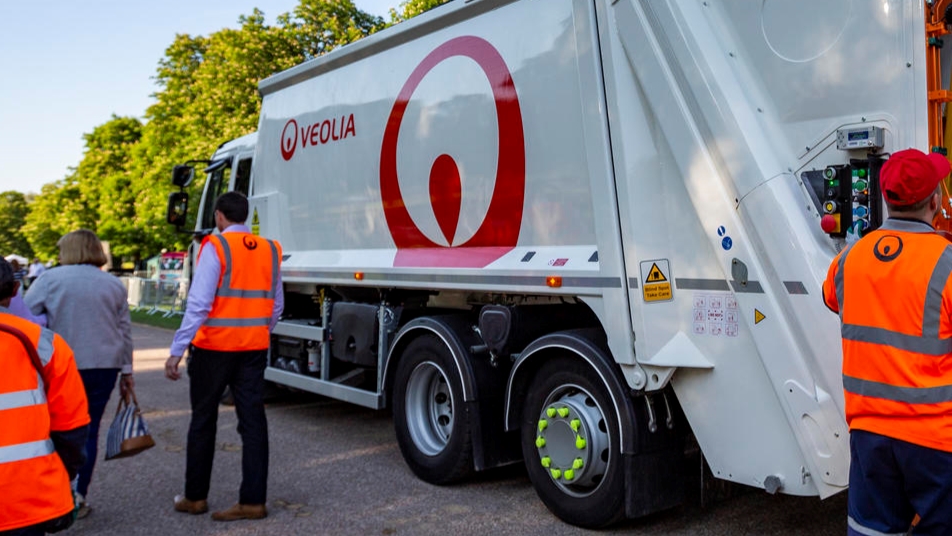The Competition and Markets Authority has provisionally found that the merger of Veolia and Suez would lead to a loss of competition in the supply of several waste and water management services in the UK.
This loss of competition could then lead to more costly and lower quality services, and in turn to higher council tax bills, as local councils and some businesses would have less choice when procuring key waste and water management services
Veolia and Suez are 2 of the largest suppliers of waste management services to councils and businesses in the UK. Both companies are active across the waste management supply chain – from the collection of waste to the operation of facilities for composting and incineration, to landfill sites. The companies also supply water and wastewater management services to industrial customers.
The Competition and Markets Authority (CMA) launched an inquiry into the deal in October 2021 and it was referred for an in-depth Phase 2 investigation, which is led by an independent inquiry group, in December 2021.
The CMA’s investigation is focussing on 8 markets within the waste and water management sector in which the 2 companies currently compete. In carrying out its assessment, the CMA has taken into account that Veolia and Suez, which are the only suppliers in the UK who are active across the entire waste management chain, are 2 of the few companies that are able to service the largest and most complex waste management contracts with councils.
The CMA’s in-depth investigation has considered a wide range of evidence, including a number of concerns raised by customers and other market participants.
The CMA has provisionally found that the merger raises competition concerns in seven of the 8 markets within the waste and water management sector on which its in-depth investigation has focussed. In each of these markets, the merging businesses currently compete closely and would face limited competition after the merger. The CMA is concerned that this would result in higher cost or lower quality services for councils, with knock-on effects for taxpayers, as well as businesses across the UK.
Stuart McIntosh, Chair of the CMA inquiry group, said: “We all use waste and recycling services in some way, so it’s vital that these markets are competitive and provide good value for money. This is all the more important at a time when local authority budgets are already stretched and waste management services have to evolve to help achieve Net Zero targets.
“We’ve heard from a number of customers, including local authorities, who are concerned that this merger could reduce competition in markets where choice is already limited, leading to higher prices or poorer services.
“We share those concerns and want to make sure that commercial customers and councils don’t get a worse deal – leaving taxpayers to foot the bill at a time when household budgets are already under huge pressure.”
The CMA welcomes responses from interested parties to its provisional findings by 9 June 2022 and its notice of possible remedies, which sets out potential options for addressing its provisional concerns, by 2 June 2022. These will be considered ahead of the CMA issuing its final report, which is due by 17 July 2022.



